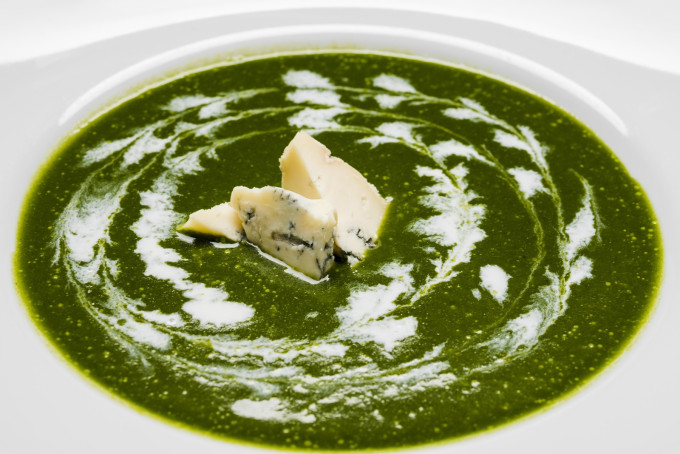Elevating saag with the creamy bliss of homemade white butter
In Indian cuisine, few combinations evoke the same level of satisfaction and nostalgia as the combination of makki ki roti and homemade white butter with Saag. This traditional pairing not only tantalises the taste buds but also brings nutritional benefits to the table. There is a secret behind this duo, which transforms a simple meal into a symphony of flavour and nourishment.
View this post on Instagram
A post shared by Lovneet Batra (@lovneetb)
Preeti Nagar, dietician at Noida International Institute of Medical Sciences & Hospital, Noida International University says, “The healthy fats in white butter can enhance the absorption of fat-soluble vitamins present in saag, such as vitamins A, D, E, and K. This helps in maximising or enhancing the nutritional benefits of saag.”
Manpreet Kaur Paul, nutritionist, Cloudnine Group of Hospitals, Faridabad, concurs, adding that the creamy texture and mild flavour of white butter complement the earthiness of saag, enhancing the overall taste and mouthfeel of the dish.
 Preeti Nagar, dietician at Noida International Institute of Medical Sciences & Hospital, Noida International University suggested, that when incorporating white butter into the diet, individuals should consider portion control due to its high calorie and fat content. (Source: Freepik)
Preeti Nagar, dietician at Noida International Institute of Medical Sciences & Hospital, Noida International University suggested, that when incorporating white butter into the diet, individuals should consider portion control due to its high calorie and fat content. (Source: Freepik)
Nutritional benefits of white butter
Paul mentions that dairy products are rich in the following:
*Healthy Fats: They contain saturated fats, which are essential for various bodily functions including hormone production and cell membrane structure.
*Vitamins: Butter is a good source of fat-soluble vitamins like vitamins A, E, and K2, which are important for vision, skin health, and bone metabolism.
*Conjugated Linoleic Acid (CLA): CLA found in butter is associated with potential health benefits like reduced body fat and improved metabolism.
Health concerns associated with consuming white butter
Dr Vedika Premani, clinical dietician, Sir H.N. Reliance Foundation Hospital, Mumbai, discusses the potential health concerns associated with its consumption, particularly when consumed in excess:
*High in Saturated Fat: White butter is high in saturated fat, which, when consumed in large amounts, can contribute to elevated levels of LDL cholesterol, increasing the risk of heart disease. Excessive intake of saturated fat should be avoided, and it is recommended to limit saturated fat intake to less than 10% of total daily calories. It is crucial to monitor fat intake and use a combination of fat sources such as olive oil, nuts, and avocados, to get a variety of all types of fats for overall well-being.
*Potential for Weight Gain: While the fats in white butter can provide satiety, consuming it in excess may lead to weight gain, since it contains more calories per gram when compared to carbohydrates and proteins. Especially when combined with a sedentary lifestyle and a diet high in refined carbohydrates and sugars.
Consideration when incorporating white butter into diet
Nagar suggested that when incorporating white butter into the diet, individuals should consider portion control due to its high calorie and fat content. “It’s important to balance the consumption of white butter with other sources rich in healthy fats like nuts, seeds, avocados, and olive oil to maintain a well-rounded diet.”
Disclaimer: The copyright of this article belongs to the original author. Reposting this article is solely for the purpose of information dissemination and does not constitute any investment advice. If there is any infringement, please contact us immediately. We will make corrections or deletions as necessary. Thank you.
